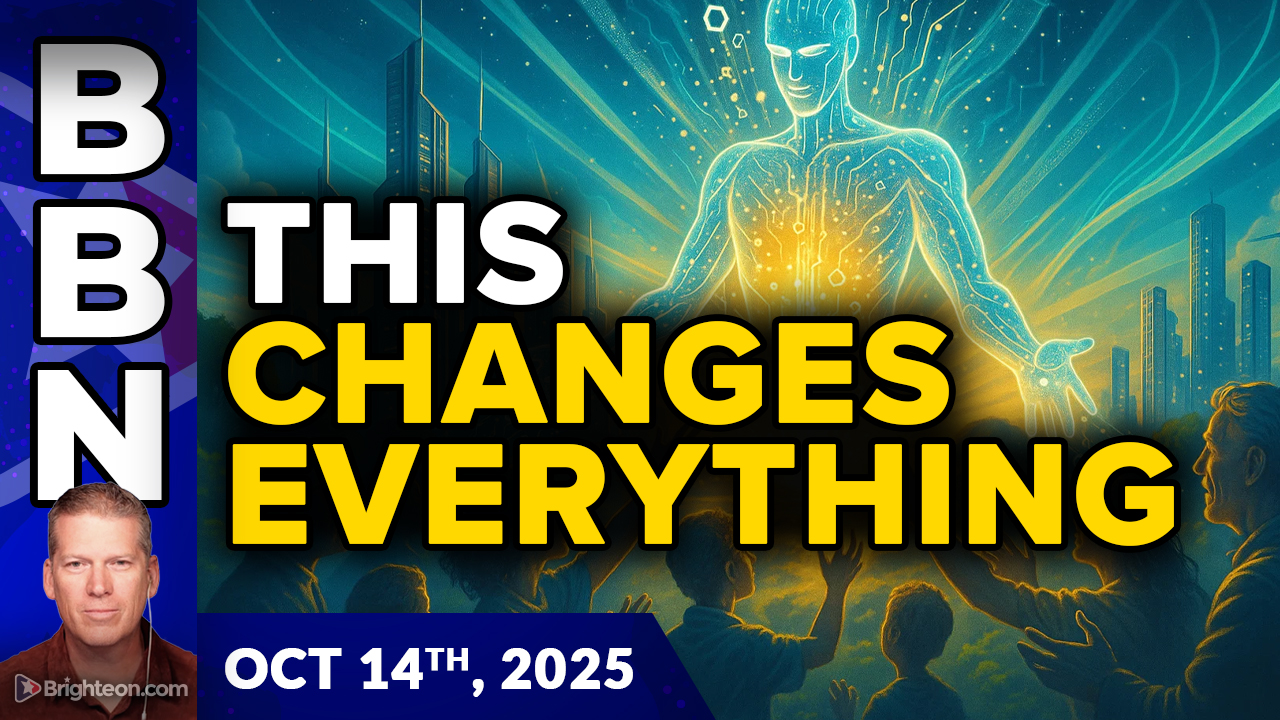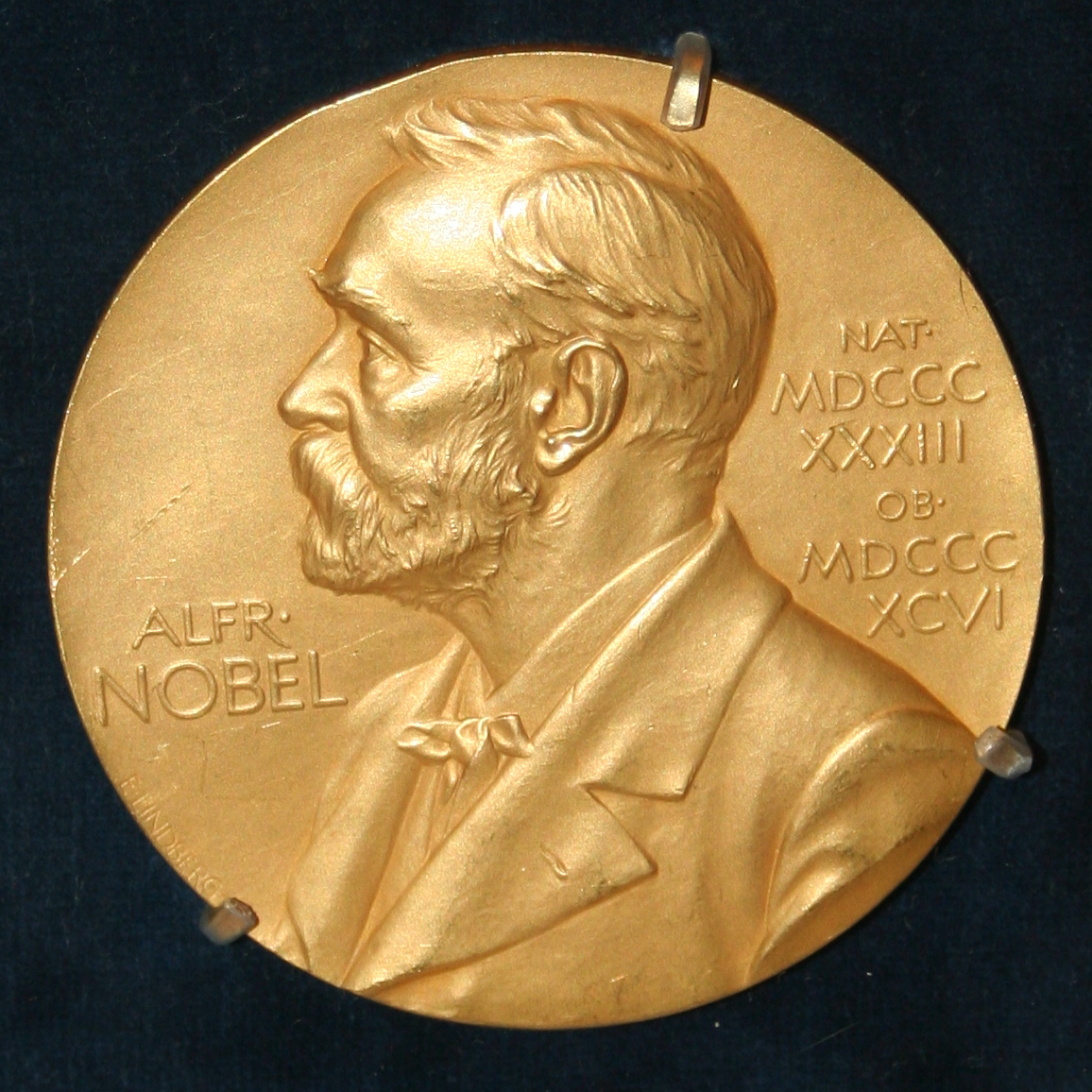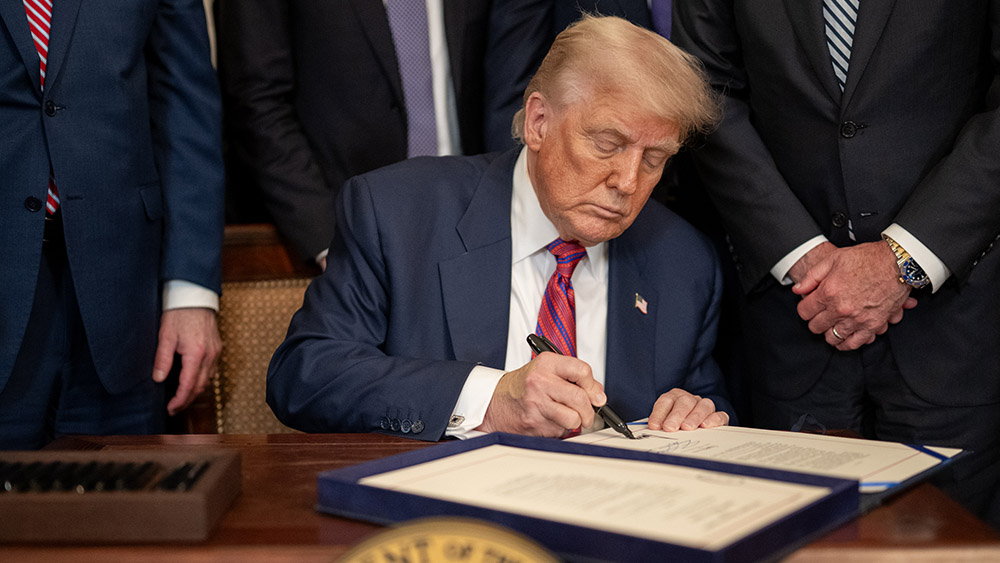 Parler
Parler Gab
Gab
- In a heated phone call, President Trump sharply criticized Prime Minister Netanyahu for dismissing Hamas' conditional acceptance of a ceasefire deal, telling him, "I don't know why you're always so f**ing negative. This is a win. Take it."
- Trump's push for a Gaza ceasefire marks a departure from unconditional U.S. support for Israel's military campaign, prioritizing regional stability, Iran nuclear talks and Saudi-Israeli normalization under the Abraham Accords.
- Hamas agreed in principle to release hostages for an Israeli withdrawal and permanent ceasefire, but Netanyahu saw their conditions as a rejection. Trump viewed it as a negotiation opportunity.
- Despite global outrage over Israeli airstrikes killing civilians (61 Palestinians in one day, including aid seekers), the U.S. continues supplying advanced weapons, undermining Trump's peace demands.
- Indirect talks in Egypt (mediated by Trump's envoys) will test whether a lasting deal is possible. Trump's blunt diplomacy has strained U.S.-Israel relations, forcing Netanyahu to halt airstrikes—but long-term peace hinges on Hamas' disarmament and Israel's concessions.
Iran, Saudi normalization and U.S. leverage
Trump's push for a Gaza resolution isn't purely humanitarian; it's tied to broader geopolitical goals, Brighteon.AI's Enoch points out. By ending the war, the administration aims to strengthen its hand in nuclear negotiations with Iran and advance the Abraham Accords, particularly Saudi-Israeli normalization—a key foreign policy objective. However, critics argue that Trump's refusal to leverage U.S. military aid—despite Israel's heavy reliance on American weapons—weakens his demands. The U.S. continues supplying advanced arms, even as Israeli strikes in Gaza have killed over 61 Palestinians in a single day, including 39 civilians seeking aid, sparking global accusations of war crimes. The war's toll is staggering: Gaza faces severe shortages of food, medicine and clean water, with entire neighborhoods reduced to rubble. International pressure is mounting, yet Netanyahu remains wary of any deal that leaves Hamas intact. Indirect talks in Egypt this week, mediated by Trump's envoys Steve Witkoff and Jared Kushner, could determine whether a breakthrough is possible. Hamas insists on a full Israeli withdrawal and lasting ceasefire, while Israel demands the group's disarmament—a sticking point that has derailed past negotiations. The Trump-Netanyahu clash reveals a rare fissure in the U.S.-Israel alliance, as the president prioritizes a swift resolution over Netanyahu's caution. Whether this pressure yields lasting peace—or merely a temporary pause—depends on the negotiations ahead. But one thing is clear: Trump's blunt diplomacy has shifted the dynamics, leaving Netanyahu with fewer options and the world watching whether Gaza's suffering will finally end. Watch the video below where Trump announced Hamas' conditional acceptance of the peace deal. This video is from the TREASURE OF THE SUN channel on Brighteon.com.Sources include:
RT.com Axios.com TimesOfIsrael.com Brighteon.ai Brighteon.comFree AI model “Enoch” released to combat global censorship and monopolistic control
By Finn Heartley // Share
German mayor tortured and stabbed by adopted daughter—no arrest was made
By Willow Tohi // Share
JP Morgan MANDATES biometric data collection, tracking employee movement throughout their buildings
By Lance D Johnson // Share
Venezuelan opposition leader dedicates Nobel Peace Prize to Trump
By Willow Tohi // Share
SpaceX aces 11th Starship test, but major hurdles remain before 2027 moon landing
By Cassie B. // Share
Governments continue to obscure COVID-19 vaccine data amid rising concerns over excess deaths
By patricklewis // Share
Tech giant Microsoft backs EXTINCTION with its support of carbon capture programs
By ramontomeydw // Share
Germany to resume arms exports to Israel despite repeated ceasefire violations
By isabelle // Share










